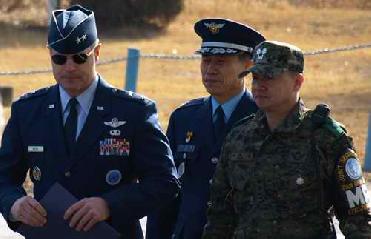
Representing the UNC at the meeting were Maj Gen Johnny Weida, US Air Force; Brigadier Gen Lee Chang-hyeon, Republic of Korea Air Force; Brigadier Matthew O'Hanlon, from the United Kingdom; and Colonel Harold Cockburn, from New Zealand. Image from USFK.mil
SEOUL (BNS): Representatives of the United Nations Command and North Korean Peoples Army met on Friday to discuss tension reduction, even as the US said it would provide South Korea with missile shield against the threat from north.
According to the UNC officials, their general officers met with the North Korean military representatives at 10 am in Panmunjom to discuss “tension reduction measures.” Top on their demand was that North Korea immediately withdraw its statement that it cannot guarantee the safety of civilian aircraft near its airspace.
UNC was represented by Major General Johnny Weida of the US Air Force; Brigadier General Lee Chang-hyeon of the South Korean Air Force; Brigadier Matthew O’Hanlon, of the United Kingdom; and Colonel Harold Cockburn from New Zealand.
During the 45-minute meeting, the UNC stated that “it welcomes the KPA’s agreement to continue the general officer level talks and that there is a mutual benefit to continuing discussions.” UNC representatives said that the talks “should be used to enhance transparency and dialogue to address Armistice concerns.”
The UNC also commented on KPA statements from the previous meeting and urged North Korea to refrain from taking any provocative actions that would further increase tensions. “The UNC also offered initial confidence-building measures which could be pursued action for action as discussions progress,” UNC said.
The UNC reassured the KPA regarding KPA’s concerns about the upcoming Key Resolve-Foal Eagle exercises and noted these exercises, conducted annually in March, are “purely defensive in nature and have no connection to ongoing or current events.”
The UNC routinely informs the KPA of these exercises through normal channels at Panmunjom. On North Korean statement that it could not guarantee the safety of commercial aircraft near North Korean airspace, the UNC stated that the statement was “entirely inappropriate, had raised great concern in the international aviation community and should be retracted immediately.”
Meanwhile, the United States said it provide South Korea missile defense against what it termed as a “very real threat” from North Korea.
"The North Korean ballistic missile threat to [South Korea] and its allies is very real," Army Gen Walter "Skip" Sharp said in a written interview published last week in The Korea Times, a daily, English newspaper published in South Korea.
“They have 800 increasingly sophisticated missiles and have tested a missile that many think could reach the United States,” said General Sharp. Since South Korea doesn't currently have a robust missile defense capability in place, the United States would provide a "bridging capability" until they do, Sharp said.
”In this regard, both [South Korea] and [the] U.S. would benefit greatly with interoperability and exchange of data between missile defense systems…We encourage [South Korea] to develop a layered and robust defense that provides protection at all levels,” he said.
Sharp's assurances came even as Stephen W Bosworth, the Obama administration's special envoy for North Korea, was preparing for his visit to Seoul this weekend to try and restart the stalled Six-Party talks.
The talks, which include North and South Korea, Russia, China and Japan, are critically important in light of wide speculation that North Korea may soon test fire a long-range ballistic missile. Further flaming the situation is North Korea's recent statement that it cannot guarantee the security of civilian aircraft flying through its airspace during the upcoming Key Resolve-Foal Eagle exercises.
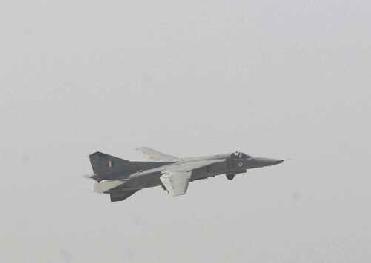 Previous Article
Previous Article Next Article
Next Article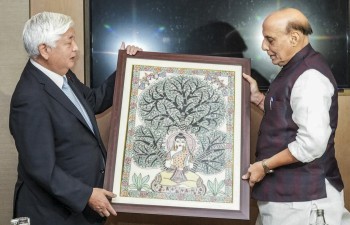
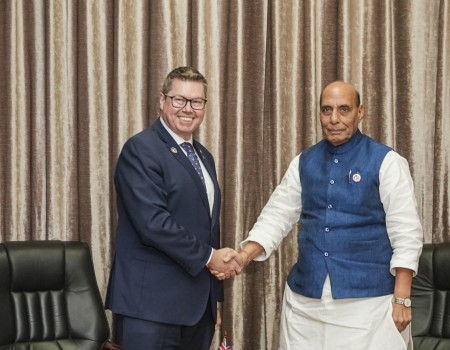
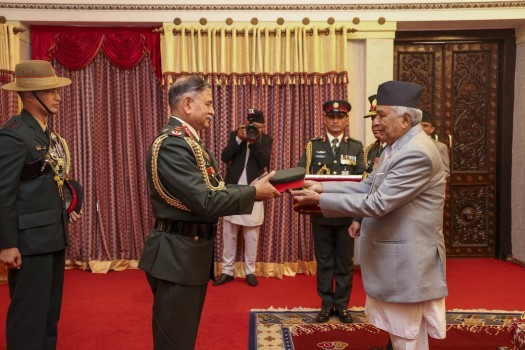
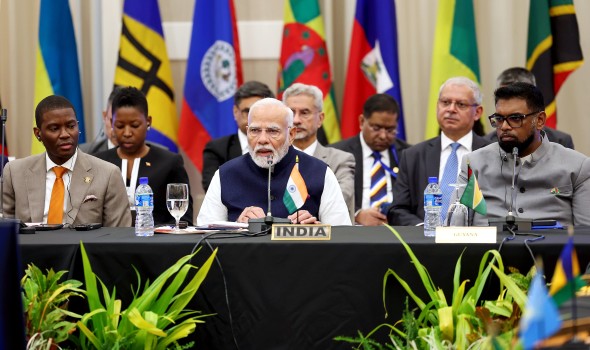

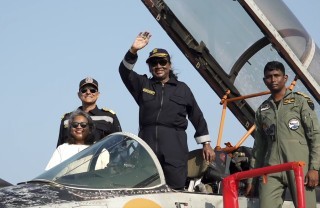
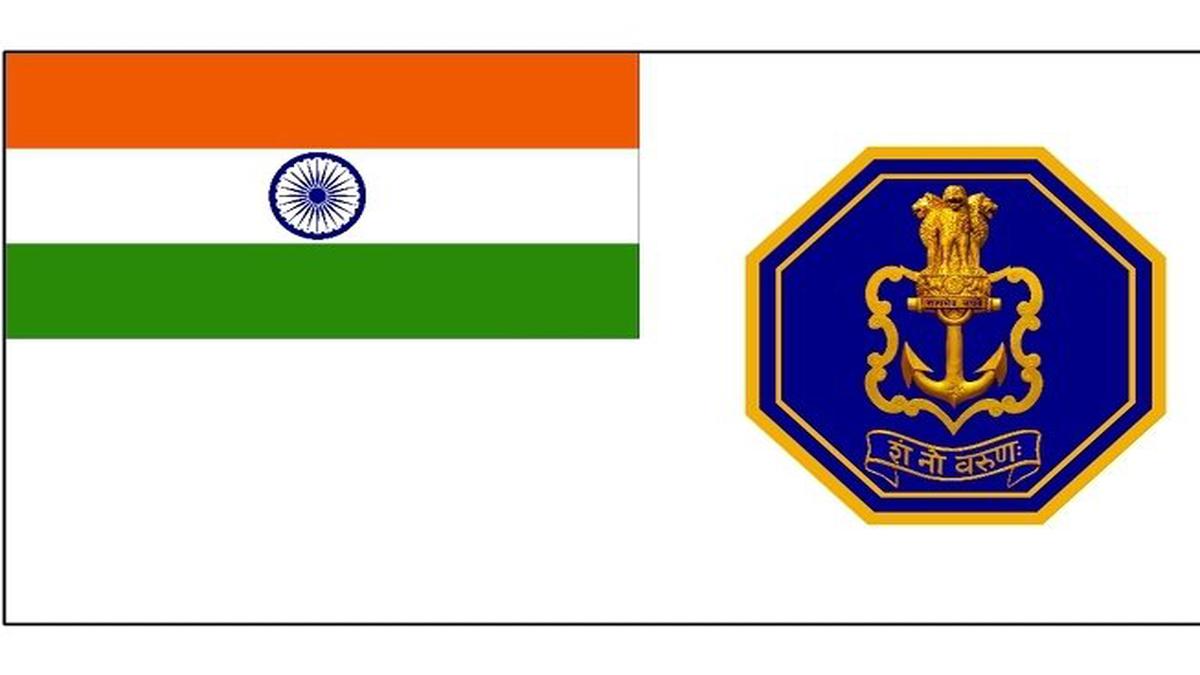





The Indian Air Force, in its flight trials evaluation report submitted before the Defence Ministry l..
view articleAn insight into the Medium Multi-Role Combat Aircraft competition...
view articleSky enthusiasts can now spot the International Space Station (ISS) commanded by Indian-American astr..
view article